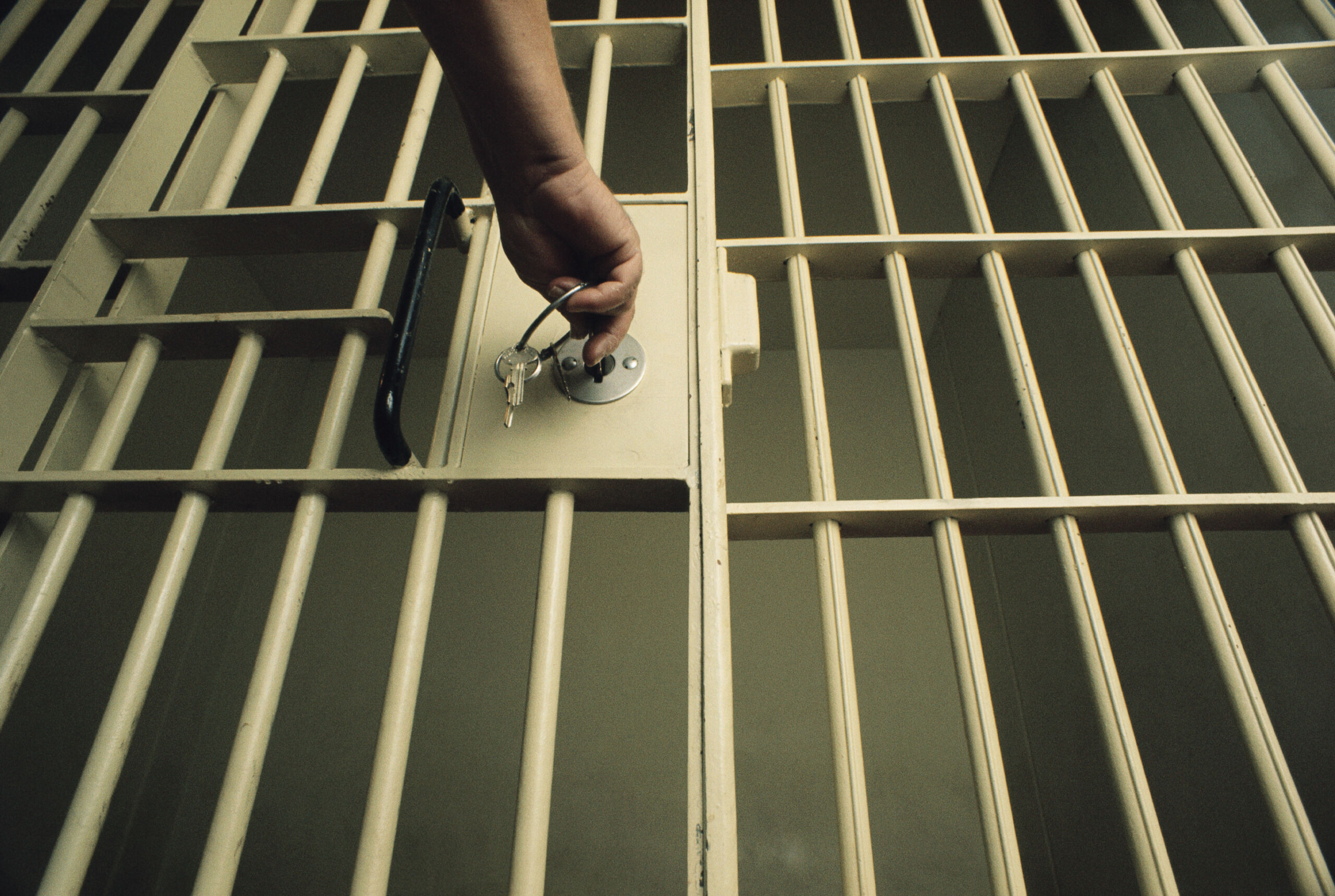A dual Canadian-Russian national has been sentenced to four years in prison for his role in infecting more than 1,000 victims with the LockBit ransomware and then extorting them for tens of millions of dollars.
Mikhail Vasiliev, a 33-year-old who most recently lived in Ontario, Canada, was arrested in November 2022 and charged with conspiring to infect protected computers with ransomware and sending ransom demands to victims. Last month, he pleaded guilty to eight counts of cyber extortion, mischief, and weapons charges.
During an October 2022 raid on Vasiliev’s Bradford, Ontario, home, Canadian law enforcement agents found Vasiliev working on a laptop that displayed a login screen to the LockBit control panel, which members used to carry out attacks. The investigators also found a seed phrase credential for a bitcoin wallet address that was linked to a different wallet that had received a payment from a victim that had been infected and extorted by LockBit.
In an earlier raid, the investigators found a file named “TARGETLIST” stored on one of Vasiliev’s devices, FBI agents said in a court document. The file contained a list of what appeared to be either prospective or historical cybercrime victims targeted by LockBit. The investigators also uncovered:
- Screenshots of message exchanges with someone with the username LockBitSupp, a moniker used by one or more of the main LockBit members. The messages discussed the status of stolen data stored on the LockBit servers and a confirmed LockBit victim located in Malaysia.
- A text file with the heading “LockBit Linux/ESXi locker V: 1.1” that included what appeared to be instructions for the deployment of the LockBit ransomware.
- Photographs of a computer screen showing usernames and passwords for devices belonging to employees of a confirmed LockBit victim that had been infected in January 2022.
LockBit has operated since at least 2019 and has also been known under the name “ABCD” in the past. Within three years, the group’s malware was the most widely circulating ransomware. Like most of its peers, LockBit has operated under what’s known as ransomware-as-a-service, in which it provides software and infrastructure to affiliates who use it to do the actual hacking. LockBit and the affiliates then divide any resulting revenue. Hundreds of affiliates participated. The FBI said last month that LockBit to date has extorted more than $120 million from thousands of victims around the world.



 Loading comments...
Loading comments...

My wife runs a small dental practice, and the idea of getting hit by ransomware is terrifying. We have the server itself backed up, as well as the databases with patient information. If we get hit, our IT guy has shown us how we would be able to recover. But I'm not going to be 100% confident in it until we actually get hit by ransomware, which I hope will never happen. Our server has been out of service a total of two days in the last 12 years (where the backup took more than 2 hours to get up and running), and both times it was very challenging to get through the day.
It sucks to see this hit so close to home. I'm used to thinking this is the kind of thing that happens somewhere else on the internet, not right here in Ontario.
(Not to take away from the rest of the article: paragraph 6, "Last month, the FBI said ...", is missing a period at the end.)